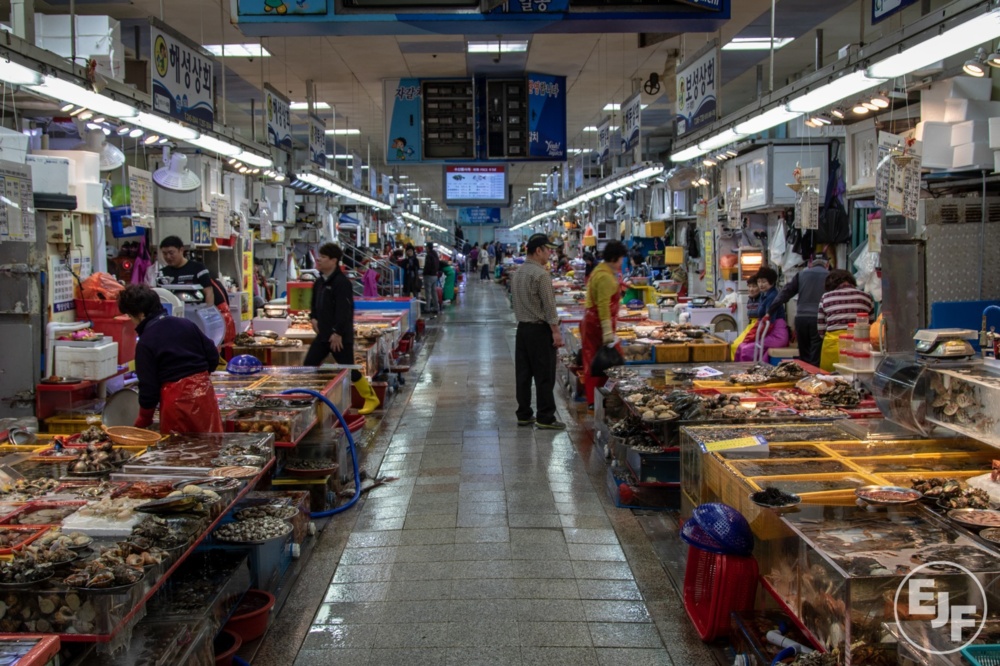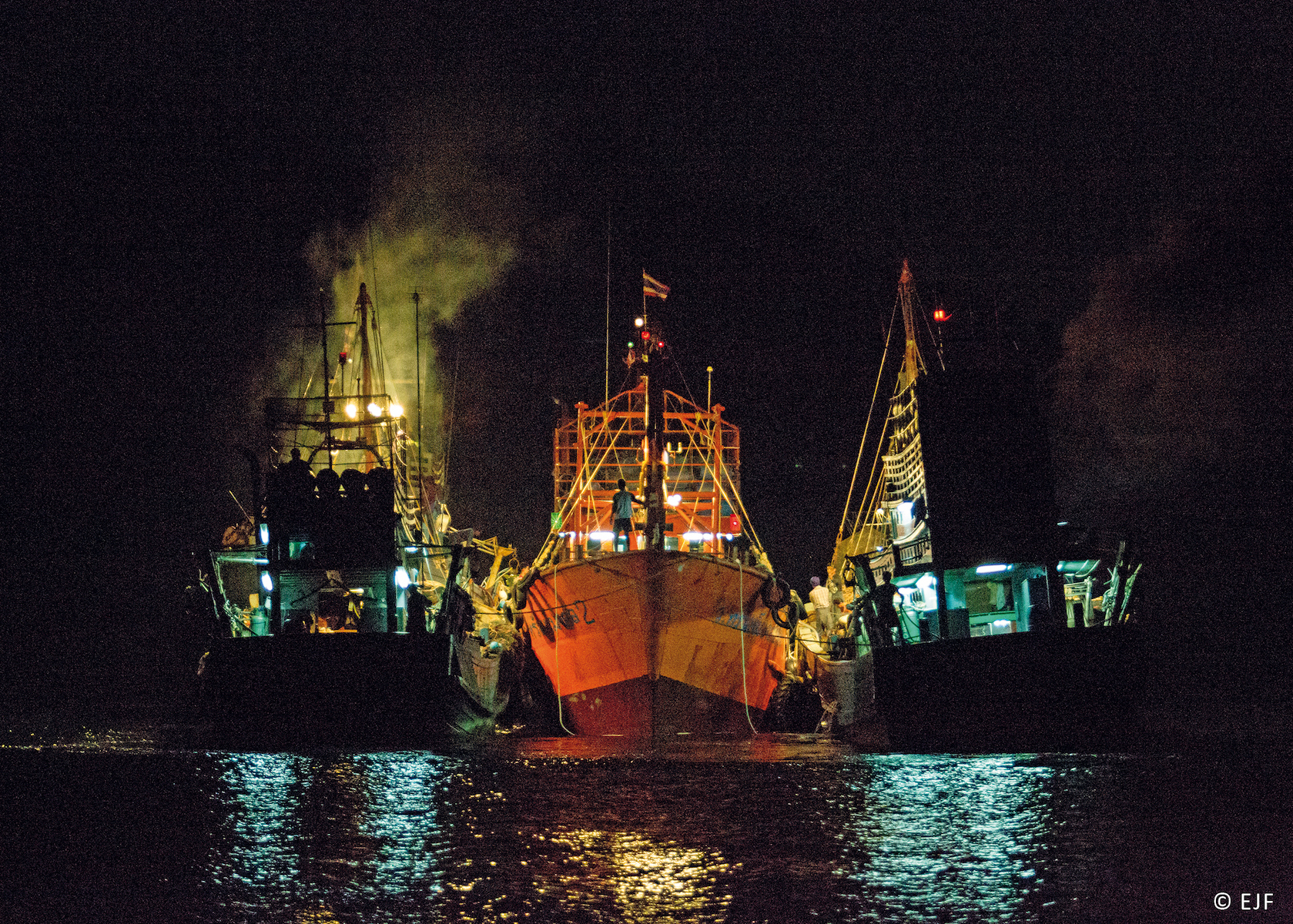
Seafood fraud common in Korea, DNA study reveals
Fraudulent mislabelling of seafood is rife in Korea, the first comprehensive DNA study on the topic has revealed. Over a third of the samples across 12 at-risk seafoods were not what they were sold as, the analysis by the Environmental Justice Foundation showed. This harms ocean wildlife, risks public health, and can be associated with serious human rights abuses, the NGO said.
In 2018 EJF began the first comprehensive study to investigate reports of widespread seafood fraud and mislabelling in South Korean supply chains. The study revealed that over 1 in 3 seafood samples tested had been mislabelled – sometimes substituted with vulnerable species or fish likely to have been caught illegally.
Nearly a third (27.8%) of meat labelled as minke whale was substituted, sometimes by finless porpoise, the study showed. This species is vulnerable, facing multiple conservation threats and decreasing populations, and is protected by Korean law.
As well as illegally traded porpoise, meat labelled as whale often turned out to be dolphin, which can contain dangerously high mercury levels, putting consumer health at risk.
Some seafood had extraordinarily high rates of mislabelling. For instance, of the 33 samples sold as fleshy prawn not a single one was the correct species.
EJF also found clear evidence that mislabelling was deliberate rather than accidental. In the vast majority of cases, cheaper species had been mislabelled as more expensive, premium seafood.
“As well as defrauding consumers, this rampant seafood fraud denies them the chance to make informed, environmental and ethical choices,” said EJF’s Executive Director Steve Trent. “The lack of transparency and traceability means that Korean consumers are likely to be unknowingly contributing to the decline of ocean wildlife and a toxic combination of illegal fishing linked to human rights abuses. Adopting EJF’s ten transparency principles would give the Korean government the chance to fight this effectively.”
Korea’s current Seafood Traceability System is voluntary, and uptake has been woefully low. EJF recommends that the government must make this system mandatory for a wide variety of species at risk of mislabelling, so that seafood can be traced across the whole process, from ‘from bait to plate’.
To ensure that imports also follow high standards, and to prevent illegally fished or mislabelled products from entering the Korean market, the government should also extend its Catch Documentation Scheme to all seafood imports.
ENDS
Notes for editors
Read the report of the study.
Watch the film of the investigation here.
Key facts:
- Over a third of seafood samples (34.8%, 105 of 302 samples) genetically analysed were mislabelled.
- Samples labelled Fleshy Prawn, Fenneropenaeus chinensis (100%), Japanese Eel, Anguilla japonica (67.7%), Common Octopus, Octopus vulgaris (52.9%) and Mottled Skate, Raja pulchra (53.3%) had the highest rates of mislabelling.
- Mislabelling was higher in restaurants, fish markets and online than in general markets or superstores.
- By processing type, sushi (53.9%), fresh fish (38.9%) and sashimi (33.6%) were the most likely to be mislabelled.
- Seafood fraud hits consumers’ wallets. For example, more than half the eel and skate samples that were labelled domestic were actually found to be imported, which should cost only half of the price of domestic products. Swordfish mislabelled as Bluefin Tuna can be sold for four to five times as much.
- Seafood groups sampled by EJF were those that had been reported by media or other studies in Korea as being at risk of mislabelling. Low value, common species that did not present significant mislabelling risks were not part of the study.
The Environmental Justice Foundation is an international non-governmental organisation working to protect the environment and defend human rights. EJF is a charity registered in England and Wales (1088128). www.ejfoundation.org
Contacts:
Daisy Brickhill - EJF Press & Communications Coordinator
daisy.brickhill@ejfoundation.org
Tel: +44 7871 946 911
SIGN UP FOR OUR EMAILS AND STAY UP TO DATE WITH EJF

